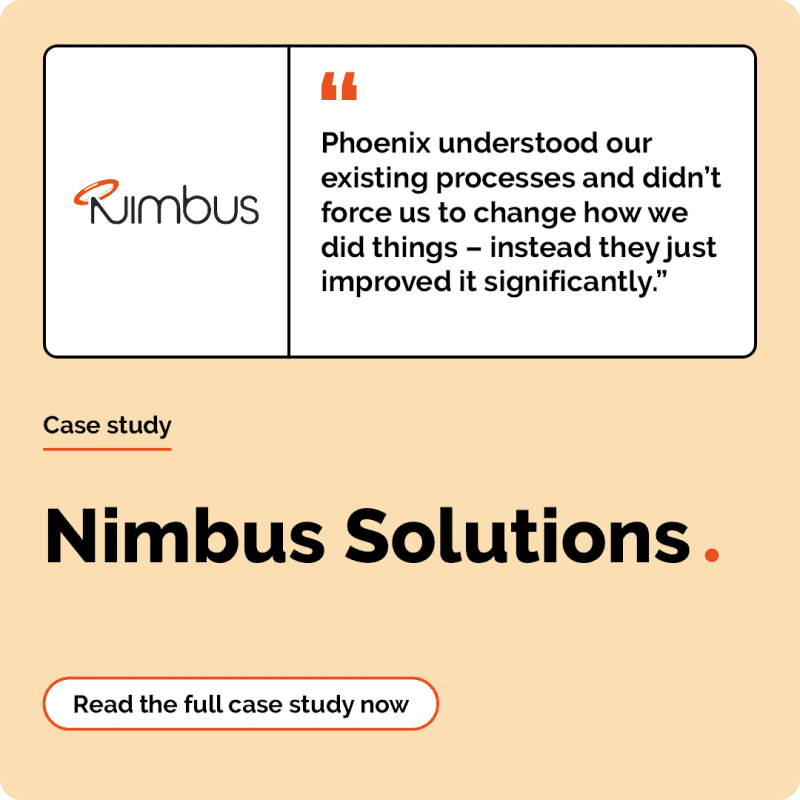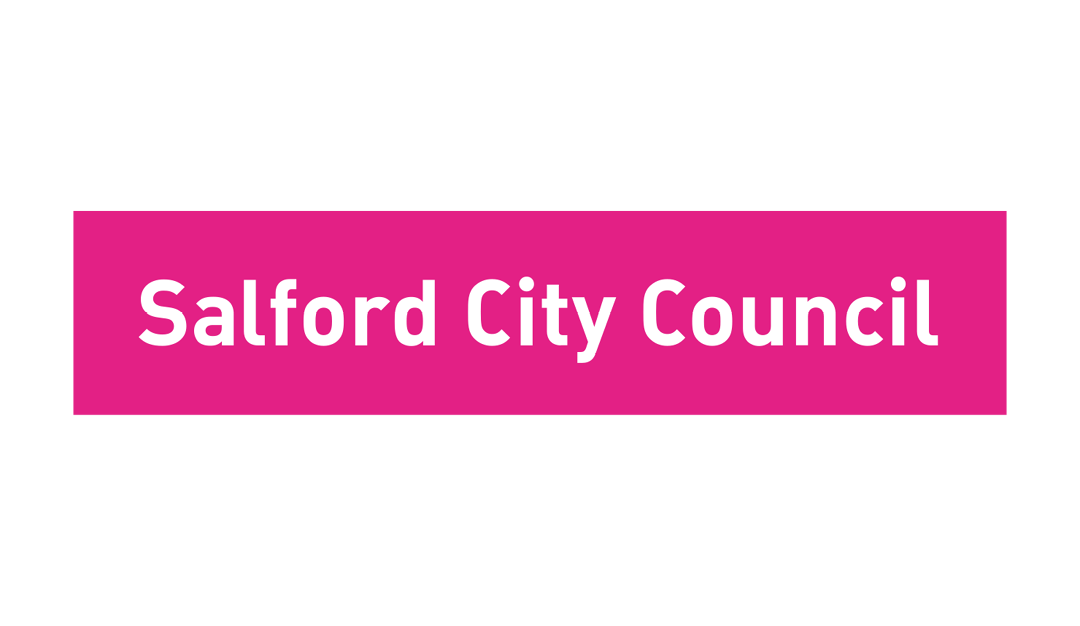While Microsoft offers a wide range of licensing options tailored to the needs of different customers, knowing what they all do and mean can be challenging.
Our team of Microsoft Licensing Specialists can help break this information down, advise on the best options for you, and cover what everything means in detail to help you make the best and right decision.
Key aspects of Microsoft licensing include:
Microsoft offers a diverse portfolio of software products and services, including operating systems (such as Windows), productivity suites (such as Microsoft 365), collaboration tools (such as Microsoft Teams), cloud services (such as Azure), and business applications (such as Dynamics 365).
Each product has its own licensing terms and conditions, which specify how it can be used and accessed.
Microsoft offers various licensing models to accommodate different usage scenarios and business needs. These include perpetual licences, subscription licences, volume licensing, cloud-based licensing, and hybrid licensing options. Each licensing model has its own pricing structure, payment terms, and benefits.
Microsoft offers several volume licensing programmes designed to help organisations manage and optimise their software licences more efficiently. These volume licensing programmes typically offer discounts and other benefits for purchasing licences in bulk.
Software Assurance is an optional add-on to Microsoft on-premises software that provides additional benefits, including access to new software releases and training resources. Software Assurance helps organisations stay up-to-date with the latest technology and maximise the value of their software investments. It’s included as standard in an Enterprise Agreement and is optional in other programmes, such as Select + and MPSA.
Ensuring compliance with Microsoft licensing agreements is essential to avoid legal and financial penalties. Microsoft periodically conducts licence compliance audits to verify that organisations are using their software in accordance with the terms of their licensing agreements, so it’s important for organisations to maintain accurate records of their software licences and usage to ensure compliance.





What do our customers say about us?
Finding the right Microsoft licensing solution for you
Microsoft licensing changes all the time and is a complicated area for organisations to navigate. So what solution is right for you?
A Microsoft Enterprise Agreement (EA) or a Microsoft Enterprise Subscription Agreement (ESA) are commitment-based licensing agreements for commercial organisations signing a new enrolment with 500 or more users/ devices and government organisations with 250 or more users/ devices.
These agreements work best for organisations that want to licence Microsoft on-premises software and/ or cloud subscriptions organisation-wide, over a three-year period, and at the best available pricing. The main benefits of a Microsoft Enterprise Agreement are:
- Best value: maximise your investment in Microsoft technologies with best pricing and benefits
- Flexible: respond to changes quickly by accessing the latest versions of cloud and on-premises software
- Manageable: streamline licence management with a single organisation-wide agreement
Microsoft’s Cloud Solutions Provider programme (CSP) is an agreement that offers users an unmatched level of flexibility. CSP allows customers to adjust their usage monthly, so they can easily accommodate periods of increased licensing demand, while receiving full guidance and support from Phoenix.
CSP offers organisations many advantages, including:
- Only pay for what you use: this is perfect for organisations that don’t want to spend money on extra licences that they don’t use
- You’re in control: the scope within CSP allows organisations to seamlessly align the end date of their new subscriptions with their existing ones, ensuring efficient management and continuity of services
- Payment options that suit your budget: CSP makes licensing affordable and lets you select the payment plan that fits you, whether it’s monthly or yearly
- Additional support and engagement from Microsoft partners: Microsoft partners provide billing and 24/ 7 technical support for your organisation
The Server and Cloud Enrolment (SCE) is an enrolment under the Microsoft Enterprise Agreement that allows committed customers to standardise broadly on one or more key Server and Cloud technologies from Microsoft including Azure, SQL, Core Infrastructure Suite, and Visual Studio.
- Cloud enabled: gain the flexibility to move to the cloud as needed and grow organically without losing the value built into existing investments
- Standardised and simplified: ensure adoption of the latest technologies while simplifying deployment and licence management
- Cost savings and benefits: get the best pricing, discounts, and added benefits designed to support server and cloud technologies
The Microsoft Enrolment for Education Solutions (EES) is a simple, affordable licensing offer that gives academic institutions guaranteed access to Education Platform Products with one yearly user count, the ability to add products in any amount, and benefits for productivity tools and students, all under one subscription agreement.
- Broad access: you can use all the products and services that can help you enhance your education of students and support of faculty and staff
- Accurate technology spending: by licensing only the Education Qualified Users (EQUs) who need full access to the products, you ensure that faculty and staff have the full range of Microsoft cloud services and products they require
- Productivity tools and benefits: expand the possibilities of the classroom with tools that help students and faculty collaborate
- Easy compliance: Education Platform Products are licensed per user, making it simple to count your EQUs and guarantee that they get the coverage they need
- Tailored solutions: easily add licences for additional products for the whole organisation, a department, or individual licences at any time during your subscription term so you can provide the right combination of technology and services to your faculty, staff, and students
- Student use benefit: when you licence certain products for the whole organisation, you qualify for corresponding subscription licences for your students at no extra cost
- Low administration: subscription and per user licensing removes the need to track licences for the selected Education Platform Products on every device, which helps your IT staff to be more efficient because they no longer need to track multiple licences across the organisation
Why Phoenix for your Microsoft licensing?
Phoenix is a highly skilled, accredited, and respected world-leading Microsoft partner that helps organisations in the UK to transform.
Our Microsoft licensing team is one of the biggest in channel, made up of sector specific licensing specialists and industry experts that provide our customers with a tailored experience. They support you by providing clarity to the complexity of software licensing, so you don’t have to spend time and money recruiting and training employees internally.
As a member of the Microsoft AI Cloud Partner Programme, which recognises partners with specific skills and experiences in high-demand solution areas, Phoenix are one of the few partners who has achieved all six distinctions for Business Applications, Data & AI, Digital & App Innovation, Infrastructure, Security, and Modern Workplace. This means we have the highest level of certification in the Microsoft AI Cloud Partner Programme – a Solutions Partner for Microsoft Cloud.
We hold 11 Microsoft Specialisations, are a Microsoft Azure Expert MSP, the number one Microsoft FastTrack partner in the UK, the number one Microsoft Copilot Partner in the UK and hold numerous UK and global Microsoft Partner of the Year awards – meaning we’re in the best position to help you plan and deliver your next modernisation project.


Microsoft licensing FAQs
Microsoft licensing refers to the process of acquiring the legal rights to use Microsoft software products and services. When individuals or organisations purchase Microsoft software, they are essentially obtaining a licence that grants them permission to use the software under specific terms and conditions outlined by Microsoft.
Microsoft software is a broad term for the many kinds of computer programs and applications that Microsoft, a technology company based in Redmond, Washington, makes. Microsoft software includes different types of programs, such as operating systems, productivity suites, collaboration tools, cloud services, business applications, development tools, and gaming platforms.
A Microsoft licence is a legal contract between Microsoft Corporation and a person or entity that allows them to use Microsoft software products and services with certain rules and restrictions. When you buy a Microsoft licence, you are basically getting the legal permission to use the software according to the terms set by Microsoft.
A CSP licence, in the context of Microsoft, stands for Cloud Solution Provider licence. The Microsoft Cloud Solution Provider (CSP) programme enables Microsoft partners to resell Microsoft cloud services, such as Microsoft 365, Office 365, Dynamics 365, and Azure, along with their own offerings and services to customers.
A volume licence, also known as volume licensing, is a licensing agreement between Microsoft and an organisation that allows the organisation to purchase multiple software licences in bulk at discounted prices. Volume licensing programmes are designed for businesses, government agencies, educational institutions, and other organisations that need to deploy Microsoft software across multiple devices or users.
Windows licensing refers to the legal agreement between Microsoft Corporation and an individual or organisation that grants permission to use Microsoft Windows operating systems. Windows licensing determines how users can legally acquire, install, and use Windows operating systems on their devices, such as personal computers, laptops, servers, and virtual machines.












